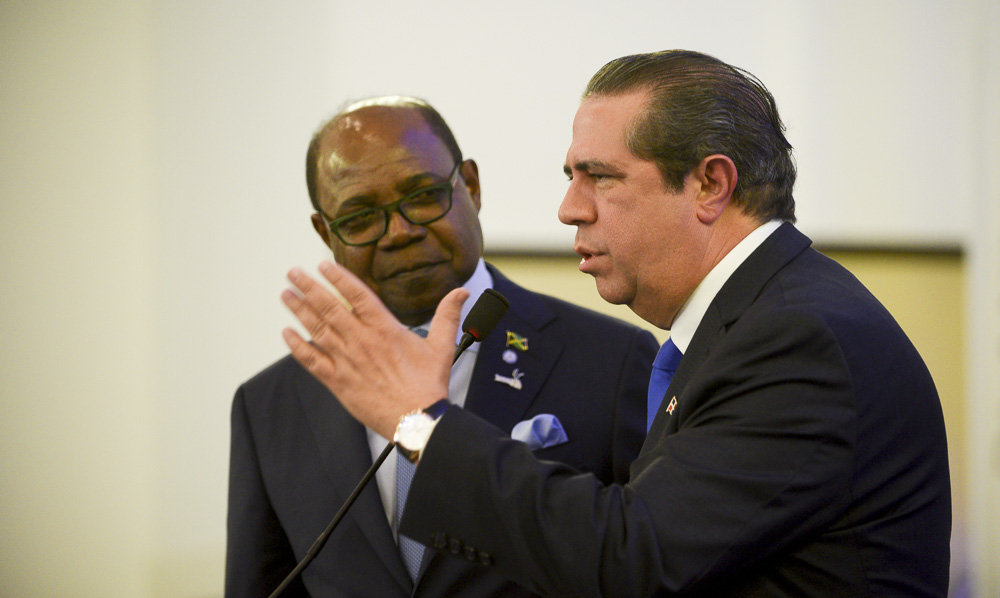This post may contain affiliate links. We may earn money or products from the highlighted keywords or companies or banners mentioned in this post.

In a game of economic domino, Russia’s recent financial troubles are prone to spill into Cyprus, keeping the small island state in a trend of economic decline for yet another year, the fifth consecutive one, according to analysts.
As Russia’s national currency, the ruble, keeps losing value, mainly because of the low oil prices and the recent sanctions imposed by the EU, less and less Russian tourists make their way south towards Cyprus for their vacations. The small island relies heavily on tourism for income, this particular sector making up for 11 percent of the country’s economy.
The blow falls even harder since Russian visitors represented a whopping 25 percent of all tourists coming to Cyprus, at least according to figures from 2013. The latter is a traditional destination for both Russians and UK citizens, though Russians have a tendency to spend more. According to figures from October, 2014, a Russian tourist spent a little over 95 euros on average while a visitor from the UK spent slightly under 76 euros. While still being the biggest spenders, the figures show a decline from the earlier year, in which one Russian visitor would spend 122 euros on average.
The decline, both of numbers and revenue, comes after the ruble plummeted by more than 50 percent against the dollar in the span of a year and a half, leaving many Russians to cancel or change their travel plans and worry about their finances.
Although Cyprus became heavily reliant on Russians when it comes to their tourism sector, the ties between the two countries don’t stop there. While Russians do prefer the warmer and sunnier climate of the Mediterranean Sea, the richest of them saw Cyprus as a place ripe for investments and off-shore accounts, a phenomenon triggered partly by the proximity factor, partly by the enduring ties between the two nations, but also due to a friendly fiscal background.
Speaking of accounts, analysts stated that, according to figures from 2013, Russian deposits made for a third of all bank deposits on the island. Not only that, but many Russian companies were and still are registered in Cyprus. Chief economist Michael Florentiades acknowledged the positive effect of Russian financial involvement in Cyprus, declaring that the tourism sector was a main beneficiary of the economic symbiosis.
Florentiades went on to predict a 1 percent contraction of the economy for 2015 while Sapienta Economics’ Fiona Mullen estimated a 0.7 percent contraction.
Although the tourism sector in Cyprus is sturdy and on its own feet, the forecast with regards to its biggest spenders may not look grim yet, but it is a cause of concern for the future. The large number of traditional Russian tourists that enjoy the beaches in Cyprus may continue to drop along with the ruble and Russia’s economy.
With Russian visitors representing, roughly, a quarter of all tourists on the island each year, there is little that Cyprus can do to make up for the deficit, besides relying on their services, UK and mainland Europe visitors and hoping that the financial situation in Russia will gradually improve.











